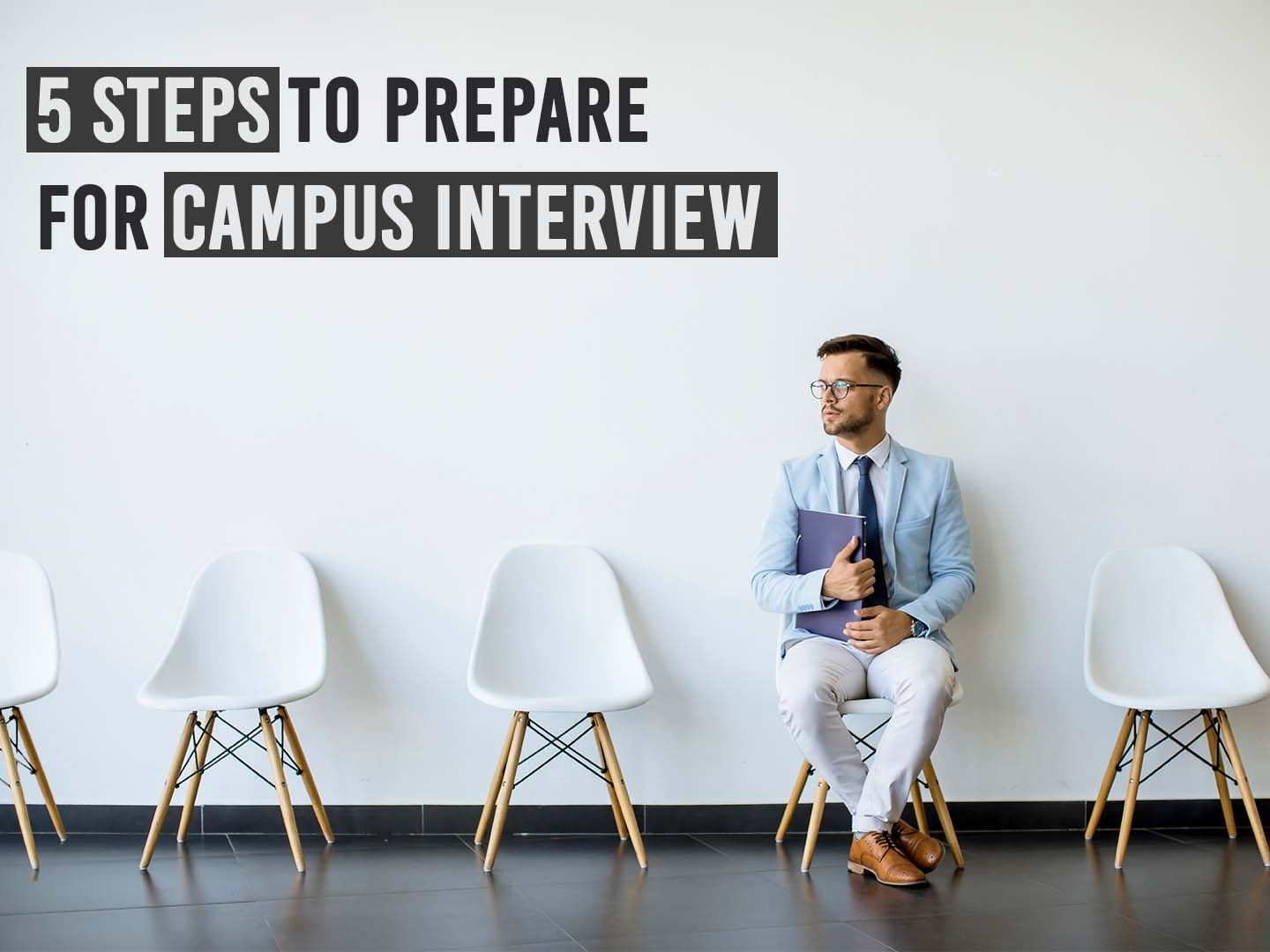Search
How to talk about your work experience in a job interview?
October 18, 2023

You have successfully answered the “tell us about yourself” question to the interviewer. You thought that was the most dreaded question to come your way.
But as the interview moves forward, the interviewer asks you to tell them about your past work experiences.
You sit there thinking and structuring your answer, taking most of the interviewer’s time.
You are stuck on what to mention and how to answer, so you start with, “As I have already mentioned in my resume, I have done this and blah blah blah..”
You have left the interview and kicked yourself in your mind thinking, why didn’t you prepare prior?
Now that was not a way to give an interview, right?
The first mistake you made was you mentioned the already things in the resume, and second, you took too much time for the interviewer.
If you are reading this, have you found yourself in a similar or other situation and didn’t know how to effectively answer that dreadful question that makes or breaks your interview?
Whatever issues you had in the previous job, the reason you left, or you got fired or resigned, when this question comes your way, you should have been thoroughly prepared.
The prime reason to ask this question is to know your working manner, how you were in your previous job, what makes you stand out from the competitors, and how much you have changed in the last six months.
Remember, they don’t want to know how you were a year ago, but they want to know about the present you and what shaped you in the last few months.
Before you go to the interview:
1. Write down how you plan to answer
A day before the interview, write the list of duties, responsibilities, and tasks you did in the previous job.
Write each and everything that comes into your mind. Don’t filter out even the smaller tasks.
Once you have made a whole list of things, go through it and filter out the most critical and valuable work you did in your past job.
Action Tip: Pick the top 4 things.
Structure each point in max two sentences. Write your work, the target you achieved, and what problems you solved.
E.g.
“In the last quarter of 2019, I helped increase the traffic of the ABC organization by 15% through content marketing.
2. Align your points to the job description
Study the job description carefully for the position you are applying for.
According to the job description, write down the previous work you did and how it matches the current position.
During the interview, as much as possible, help them understand how you solved problems in the past in your field in a matter of time and how this skill will help them in the future.
Briefly tell them how you wish to carry out the tasks and what your process is, as it tells them you are a person of discipline and gets things done.
E.g.
If your job description includes targeting customers through networking. You can include how you managed to bring in clients through the B2B act
3. Review your resume
Before going to the interview, once go through your resume.
Remove unnecessary details and only add the important work you did in the work experience sector.
While answering, remember only to include two tasks mentioned in the resume.
Otherwise, mention activities you did that are not in the resume.
They have already read your resume.
Make a point not to talk about everything written in the resume and form your answers based on the resume and related to your job.
How to answer the question (some action tips):
1. Less is more
No more than two- three sentences should be focused while describing one particular task.
2. Measure out your experience
Map out your sentence by adding the numbers you achieved, how much profit you brought in the company, improvements you made other than your field, and accomplishments you got.
Give out your data in the form of simple sentences.
3. Don’t use filler words
Cut down the filler words as much as possible.
They are uh, Uhm, like, so, okay, right, etc.
These make you look unprofessional, and too much use makes you seem like you don’t know how to make a sentence.
4. Be authentic
Do not write fake experiences in your resume. While answering, be genuine and authentic about the work you have done, even if it is small. They can smell liars from miles away.
5. End note
End your answer with a purpose of what you expect to do in the current organization you are applying for and your plans for it.
Read More:
All about Job Interviews: Types, Future, and Key Fundamentals
Important Links:
- MBA from UK University: https://tscfm.org/courses/mba-from-uk-university/
- MBA for Executives: https://tscfm.org/courses/mba-for-executives/




